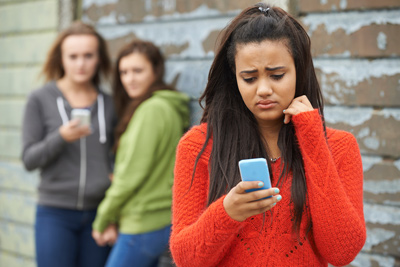Cultural topics
2. Anonymous culture
Is being able to be anonymous on the Internet a good or bad thing?
Is it right that someone can send hateful messages without any comeback?
On the other hand is it right that if people can't have anonymity when they need it, they may be afraid to point out an injustice as activists often do. Or they are afraid of revealing an illegal act as whistle blowers are afraid of retribution?
The Internet can provide a platform to say things that are not socially acceptable in certain cultures, for example being gay is illegal in some countries and even discussing it would lead to prosecution. Anonymity provides a shield to shelter behind.
At the same time, there are many critics of online anonymity.

Hackers can trick you into giving up your personal information by pretending to be someone that they are not. Spammers can send out advertisements from anonymous e-mail addresses without worrying about complaints.
Governments have put laws in place (RIPA for example) to help identify persons if they are behaving illegally. For example in the UK, internet service providers now have to keep 12 month records of a customer's connection and search history - which web sites they visited, how long for, what they did then, and so on. And the authorities do not need a warrant to access those records.
Protecting against the downsides of anonymity does, however, mean losing some of the benefits.
Challenge see if you can find out one extra fact on this topic that we haven't already told you
Click on this link: Pros and cons of online anonymity
